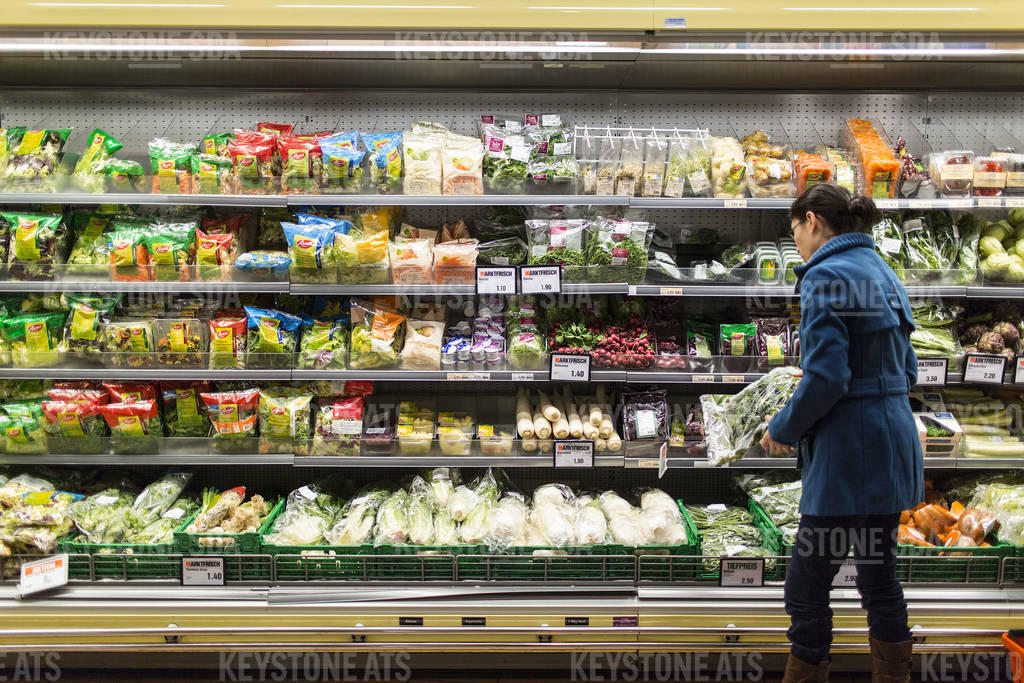
Swiss manufacturers dive head first into blockchain

Swiss food technology company Bühler has announced a blockchain compliant innovation to enhance food safety. The 159-year-old company is one of several manufacturers to recognise the potential of distributed ledger technologies (DLT), such as blockchain.
This week, BühlerExternal link unveiled a new method of destroying salmonella and e.coli in dry foods using low-energy electrons. Once the food has been treated, a data processing system can feed information onto a blockchain, which allows consumers, retailers and food producers to trace the safe products onto the supermarket shelf.
The advantage of DLT is that it provides a complete chronological history of data that is said to be impossible to tamper with without detection. In addition, it swiftly validates new data, giving a virtually real-time picture of where a product is located, along with its condition.
“Using blockchain you can see if a food ingredient has been properly processed in seconds rather than days – and with a high degree of certainty. This helps reduce the number of people exposed to potentially unsafe food,” Bühler’s Nicolas Meneses said in a statementExternal link.
Industrial advantages
Swiss food producing giant Nestlé is part of a separate project, which also includes Walmart and Unilever, which is already using a DLT system from IBM. This also publishes information on the progress of food products – from the crop in a field to the supermarket shelf.
It is hoped that the new form of database could help prevent scandals such as the mislabeled ‘beef’ lasagnas containing horsemeat that found their way into Swiss shops in 2013. But while big businesses from around the globe believe in the merits of DLT, there are plenty of sceptics who remain unconvinced that it is a foolproof system.
Blockchain was first developed as a means to produce and transact bitcoin but has since graduated into many other industrial applications – without the cryptocurrency in tow.
Pharmaceutical heavyweight Novartis, for example, is also working on a DLT system to better manage a myriad of legal contracts governing sales of its many thousands of products to multiple parties in 140 countries.
Novartis hopes that DLT can bring clarity and transparency to these reams of documents, thus avoiding disputes and the time-consuming legal work spent on resolving conflicts.

In compliance with the JTI standards
More: SWI swissinfo.ch certified by the Journalism Trust Initiative



























You can find an overview of ongoing debates with our journalists here . Please join us!
If you want to start a conversation about a topic raised in this article or want to report factual errors, email us at english@swissinfo.ch.